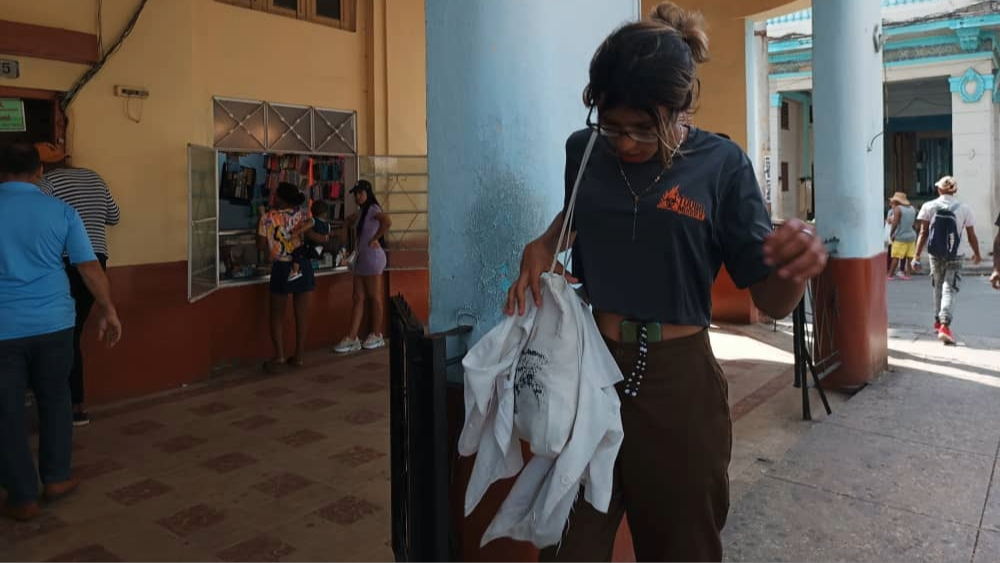According to the state press in Cuba, there are no significant manifestations of gender violence and discrimination against women, despite the fact that independent observatories have verified in 2023 double the number of femicides in 2022.
The state-run Cuban News Agency (ACN) said on November 25, the date on which the International Day for the Elimination of Violence against Women is observed, that "although Cuba does not feature significant manifestations of this nature, compared to other countries in the world, they still continue to occur."
Without referring to the increase in violence against women in Cuba, the ACN noted that "violence against women and girls remains one of the most widespread and pervasive human rights violations in the world."
"It is estimated that, globally, 736 million women (almost one in three) have been victims of physical and/or sexual violence at least once in their lives, according to data from the United Nations (UN)," it added.
Two days earlier, the Gender Observatory of the feminist magazine Alas Tensas (OGAT) and the feminist platform Yo Sí Te Creo (IBelieveYou) in Cuba raised the number of femicides they have corroborated in 2023 to 78. The figure, which constitutes an under-registration, is more than double those verified by both observatories in 2022: 36.
The number of victims confirmed by the OGAT and Yo Sí Te Creo makes Cuba the country with the biggest increase in femicides in 2023, according to the Latin American Map of Feminicides (MLF), released on November 22.
The MFL, on which Cuba was included for the first time in 2022 thanks to the work of OGAT and Yo Sí Te Creo, shows that at least 1,945 women, adolescents and girls were victims of femicides in Latin America and the Caribbean during the first half of 2023. This represents a 12.5% increase in relation to the same period the previous year.
In Cuba, in the first half of the year there were 48 cases of fatal VAW, 12 more than in all of 2022. The 78 femicides in less than 11 months constitute an increase of over 51%.
The ACN also cited a post on the platform X by Miguel Díaz-Canel, who did not make any public reference to the problem until mid-April, when VAW had produced 23 fatalities in Cuba. The president then announced "zero tolerance" against VAW in Cuba, which he described as "an unacceptable act" for socialist society.
This time Díaz-Canel wrote that "every act of violence against women is a scar on human consciousness, a setback in the evolution of the species, an insult to those who gave us life.#ZeroTolerance."
The general secretary of the regime's Federation of Cuban Women (FMC), Teresa Amarelle Boue, spoke in similar terms on the same social network.
"The International Day for the Elimination of Violence against Women is commemorated annually on 25 November to condemn violence against women around the world. The Cuban State has a policy of #0Tolerance."
"Gender violence is a global phenomenon and Cuba is not exempt from suffering it," admitted the member of the Political Bureau of the Communist Party.
Amarelle Boue referred to the National Program for the Advancement of Women, the Comprehensive Strategy for the Prevention of Gender-Based Violence, and the Family Code as state-backed policies against violence and discrimination against women.
To these policies she added "continuous work by the FMC." On November 20 the organization recognized the increase in femicides and complaints by women who have been victims of violence. However, she referred to these murders of women and as "femicides" and not as "feminicides", with the clear intention of absolving the State of responsibility for them.
The organization also ignores the physical and verbal attacks suffered by dissidents and opponents, despite the fact that they constitute forms of violence suffered by Cuban women.
